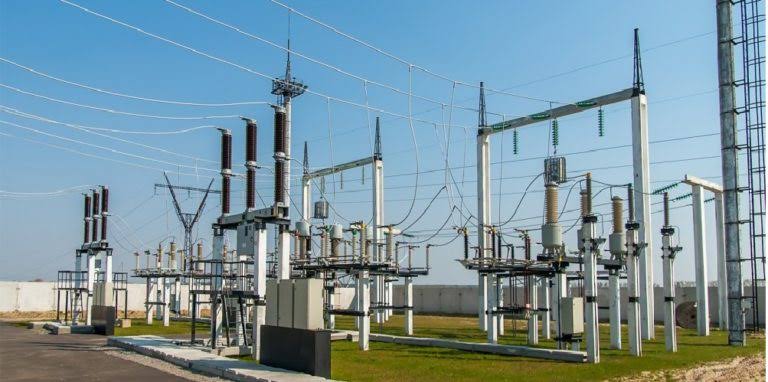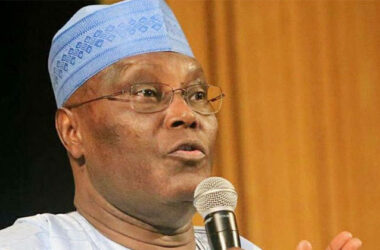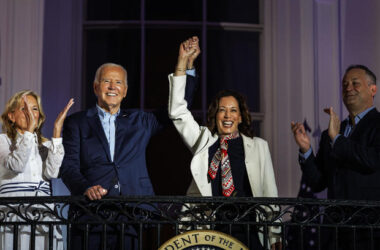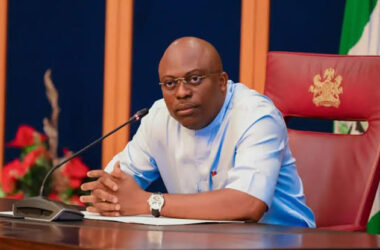Over 1.4 million Nigerians have gained access to electricity through solar energy initiatives implemented by the Rural Electrification Agency (REA), according to a recent announcement. The agency revealed that it successfully executed the 2023 capital projects, focusing on expanding energy access across underserved and unserved communities.
During the announcement, REA’s Managing Director, Abba Aliyu Abubakar, highlighted the agency’s success in connecting 5,500 locations across Nigeria’s six geo-political zones. These efforts were part of a wider campaign to provide electricity to areas that lack reliable access to power.
The program’s deployment included 2,631 standalone solar home systems, 18,670 solar streetlights, 15 solar mini-grids, and containerized mini-grids, along with 1,666 solar-powered irrigation pumps and 106 transformers, which collectively have a capacity of 37,800 KVA.
“All these are being equitably deployed across all the six geopolitical zones”, he added, pointing out that the “implementation of the 2023 capital projects has so far enabled the REA to exploit a range of energy access solutions targeted at delivering sustainable energy to the unserved and underserved, while alleviating energy poverty and its resultant effects on socio-economic growth.”
Abubakar explained that the agency has four different sources of funding including the yearly annual budgetary allocation from the Federal Government.
“The other three are from the DFI funding which is the bilateral agreement that the Federal Government of Nigeria enters with the World Bank and African Development Bank. And REA has a project management unit specifically for the implementation of this project.
“We are about to complete the implementation of $550 million Nigeria Electrification Project, and have secured additional funding of $750 million to start the implementation of the DARES (distributed assets renewable energy scale up). The DARES project is the biggest off-grid public sector funded project in the entire world.
“The target is to electrify 17.5 million Nigerians out of the 85 million that do not have access to electricity. We are very clear on how we are going to do that. Three million Nigerians will be electrified using the isolated mini-grid, 1.5 million Nigerians with inter-connected mini-grid and about 12.5 Nigerians will get main grid and solar home systems”, he stated.
The REA boss explained the agency also gets its funding from the electricity market through all fines imposed by the Nigerian Electricity Regulatory Commission, NERC, and a percentage of excess revenue accruing to NERC that is remitted to the Rural Electrification Fund.
“The fourth source of funding is the funding we get from the international development agencies through grants”, he added.










